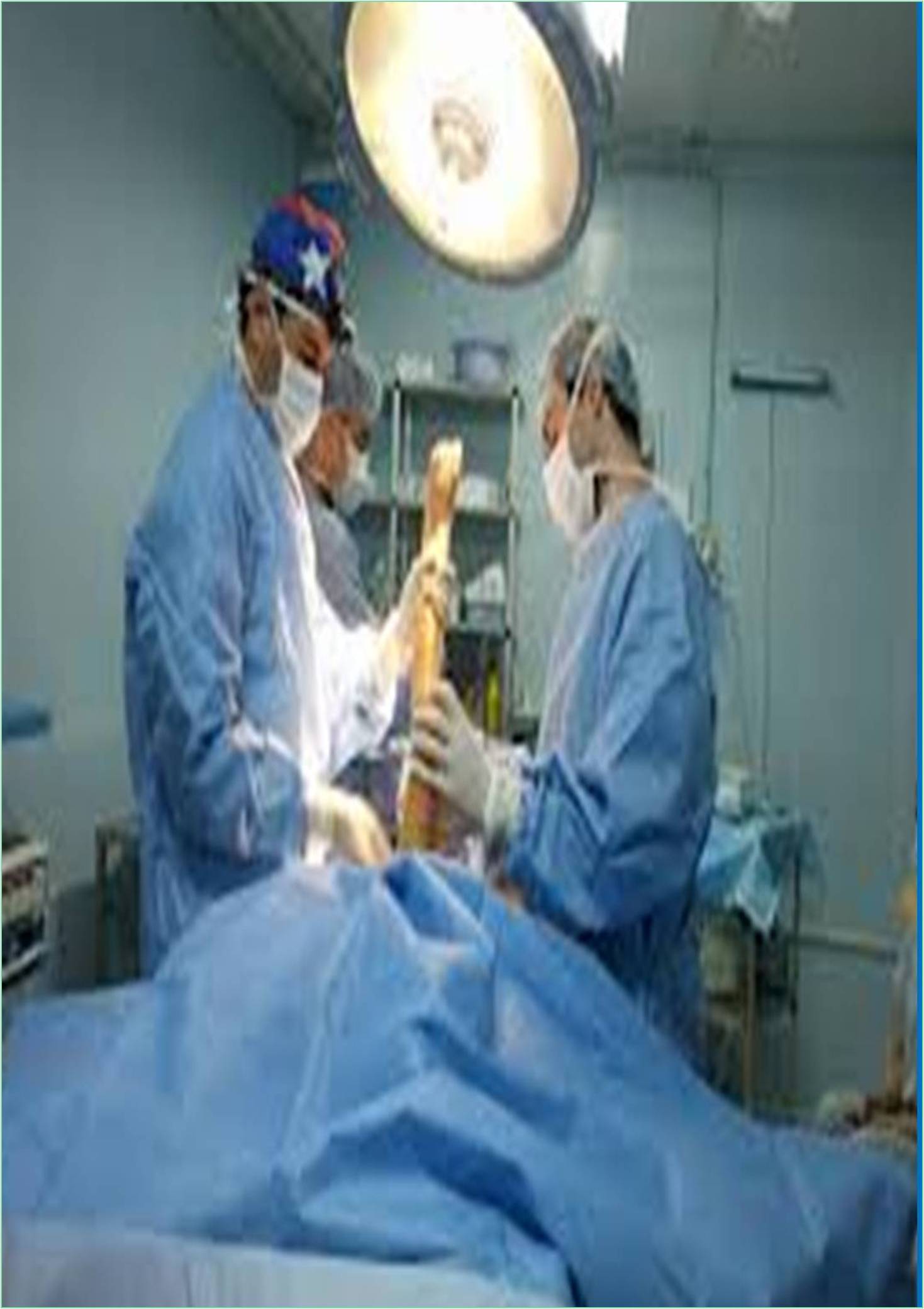



Received: 02-Aug-2022, Manuscript No. GJOPTP-22-73236; Editor assigned: 05-Aug-2022, Pre QC No. GJOPTP-22-73236(PQ); Reviewed: 19-Aug-2022, QC No. GJOPTP-22-73236; Revised: 26-Aug-2022, Manuscript No. GJOPTP-22-73236(R); Published: 02-Sep-2022, DOI: 10.15651/GJOPTP.22.9.006
Rheumatoid Arthritis (RA) is a chronic inflammatory autoimmune disease that damages cartilage and bone and impairs function in the joints. It also has systemic complications like cardiovascular and pulmonary diseases. An increase in pain with movement, swelling, soreness and frequently stiffness are all symptoms of this condition, which symmetrically affects the knee, elbow, ankle, shoulder and particularly the hand joints. A crippling Rheumatoid Arthritis symptom, severe and persistent joint pain is typically cited as the main worry of patients. In addition to the joint complaints, systemic abnormalities that are not related to the joints are seen in 50% of individuals with this disease. Fatigue is one of the non-joint symptoms of Rheumatoid Arthritis that patients report as being the most upsetting. According to reports, people with rheumatoid arthritis usually complain of fatigue. Although the cause of fatigue in Rheumatoid Arthritis is unknown, it has been noted to have multiple facets, including pain, impairment, inflammation, sleep issues, health beliefs, disease views and a lack of social support. According to earlier research, rheumatoid arthritis pain and exhaustion are strongly correlated and pain plays a significant role in determining fatigue. Patients encounter a number of issues as the illness worsens, including the need for assistance from others and an inability to carry out daily activities due to discomfort and joint involvement. Patients experience additional issues like weariness, sleep issues, stress and depression as a result of their chronic pain. Because of this, the primary goal of Rheumatoid Arthritis treatment is to stop the discomfort and stop the disorder's deformity and function losses.
Chronic periodontitis is an inflammatory disorder of the teeth's supporting tissues brought on by bacteria that trigger the body's inflammatory and immunological reactions. This condition has a multifactorial origin and is characterized by persistent inflammation, clinical attachment loss that worsens over time, of alveolar bone and eventually tooth loss.
Infections around the oral tissue must be eliminated through periodontitis treatment in order to promote overall systemic health.
Periodontal Disease (PD) is an infectious, inflammatory and degenerative illness that results in the creation of periodontal pockets, bone desorption and tooth loss. PD affects not only oral tissues but also the entire body. Numerous chronic conditions, including rheumatoid arthritis, have been linked to PD. A growing body of evidence suggests a link between the development of RA and periodontal inflammatory diseases. It has been suggested that periodontal inflammation raises the risk of Rheumatoid Arthritis. At first, patients with Periodontal Disease may have weakened immune systems, which make them more prone to infections. Additionally the development and progression of systemic disorders may be aided by the proliferation of microbial antigens, Gramnegative anaerobic germs, different pro-inflammatory cytokines and opportunistic microorganisms found in periodontal pockets. Due to the existence of an endogenous peptidyl arginine deiminase enzyme, is a special bacteria that has been extensively investigated. This enzyme is implicated in arginine residual and a crucial step in the pathogenesis of Rheumatoid Arthritis. According to several studies of proteins and subsequent generation of Anti-Aitrullinated Protein Antibodies (ACPA) are both related to periodontal disease associated periodontal disease is more likely to be a contributing factor in RA patients compared to controls.
Rheumatoid Arthritis is an autoimmune-based chronic inflammatory condition. Synovitis and hyperplasia are two prominent symptoms, which are mostly linked to the degradation of the bone and cartilage caused by autoantibodies. In the scenario autoimmune progression, antibodies against proteins changed by ACPA or enzymes of microbial origin are the first step in the process. Rheumatoid Factor (RF) and ACPA autoantibodies are frequently found to be present in Rheumatoid Arthritis patients.
The deregulation of host inflammatory processes, including chronic inflammation brought on by proinflammatory cytokines, connective tissue breakdown and bone deterioration has been linked to both Chronic Periodontitis (CP) and Rheumatoid Arthritis. When Rheumatoid Arthritis patients' ACPA levels were assessed, it was discovered that 55%-91% of patients had positive results, compared to 0%-9% of healthy individuals. According to the literature, the serum ACPA may be positive nearly ten years before any clinical manifestation and may help predict illness outcomes. C-Reactive Protein (CRP) is a marker of systemic inflammation that can be used to track the development of Rheumatoid Arthritis illness. Patients with each of these chronic inflammatory disorders showed RF. Systemic inflammatory responses appear to be enhanced by CRP, which is released in Periodontal Disease affected lesions and may help produce Rheumatoid Arthritis The use of nonsurgical treatments for PD may be able to reduce the Rheumatoid Arthritis activity score by reducing inflammation, according to published data. The challenge of controlling confounding factors is a significant barrier in such investigations. The current study was designed to assess the results of ACPA, RF, CRP, Disease Activity Score, including joint counts following phase periodontal therapy in patients with RA and CP.